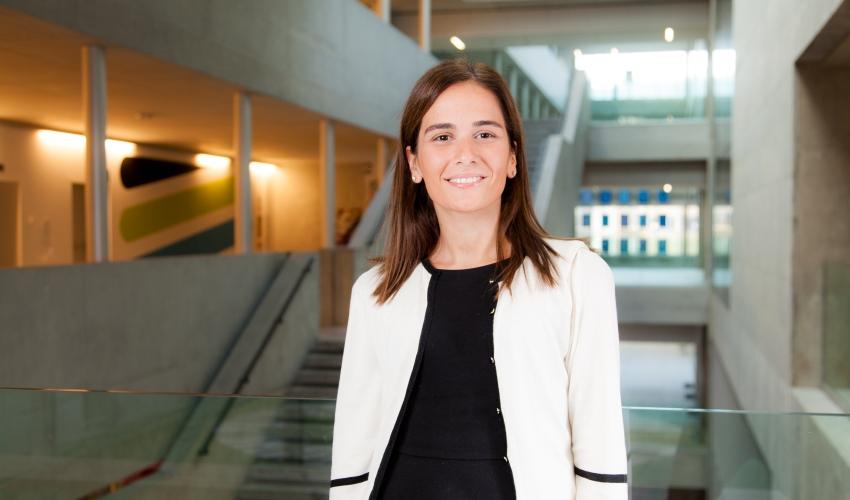
Firms Need Heroes. But Real Ones
AN IMAGE OF A FIREFIGHTER IS MORE EFFECTIVE THAN ONE OF SUPERMAN FOR MAKING US FEELING SAFE. THAT'S WHY WE TEND TO PREFER BRANDS DESCRIBED AS HEROICby Gulen SarialAbi, assistant professor of marketing
Translated by Alex Foti
We live in a constantly threatened environment, filled with menaces coming from terrorism, wars, natural disasters, poverty, and financial crisis, just to name a few. This situation arises in people the fear of death, the fear that we are not forever in this world, and this fear activates in us the need for relief.
When threatened by the idea of mortality, people need some external sources that will provide them with meaning in life and will mitigate the threat posed by the environment. Religion and God can be such sources. Relying on culture and ideologies are additional ways to deal with the fear of death. However, that is not all of it! After the attack on the Twin Towers of September 11, 2001, people’s belief in heroes sharply increased. That came as a result of the psychological benefits that heroes can provide to people. Heroes make us feel psychologically more secure, they provide guidance and moral principles, they provide nurturance, and they instill hope to overcome difficult situations.
Following on this, what we suggest in our research is that heroes are an alternative source for meaning in life because just thinking about heroes enhances in people the sense of power. We base our reasoning on the fact that power helps us consider the environment as less threatening. Moreover, by recalling or thinking about someone who is powerful, individuals feel more powerful themselves. Although there may be different other ways that people can enhance their meaning in life, our research was the first to posit that heroes can offer psychological value to individuals by providing them personal power. We find that heroes do not enhance in individuals the social power, which is the ability to impose actions on others, but the personal power, which is the ability to act independently from others. Moreover, we demonstrate that only human heroes, and not superheroes, are able to do so. Hence, the image of a firefighter is more efficient in helping us cope with threats than the image of Superman. That happens because heroes are born as common people, and they become heroes by their actions and beliefs.
We extended our research on heroism to branding, and we studied and defined the concept of heroic brands. Practically, we established with a series of studies what characteristics should a brand have to be considered a heroic one (i.e., caring altruistic, ethical, fearless, adventurous, trusting, helpful, approachable, open-minded, tolerant-thinker, active, firm in its decisions). Based on the previous findings that heroes can provide people psychological benefits, we found that heroic brands provide benefits to consumers too. Interestingly, respondents in our studies show higher preference if a brand is described as a heroic brand, compared to another brand that has other positive characteristics, but that are not heroic. Even more importantly, consuming heroic brands can provide a barrier to the fear of death. We believe this happens because heroic brands provide individuals with the benefits that heroes do.
Summing up, in our research, we show that heroes and heroic brands can provide relief from the threatening environment we are living in today. The reason for this is that heroes can enhance in us the sense of personal power, which increases our meaning in life and helps us mitigate death threats.
